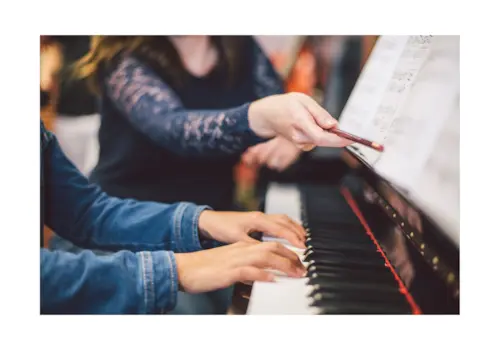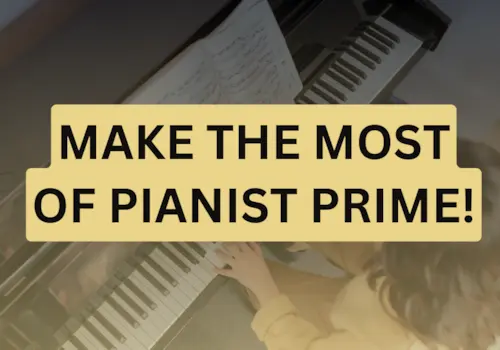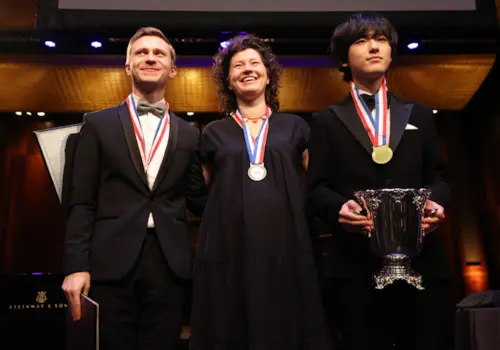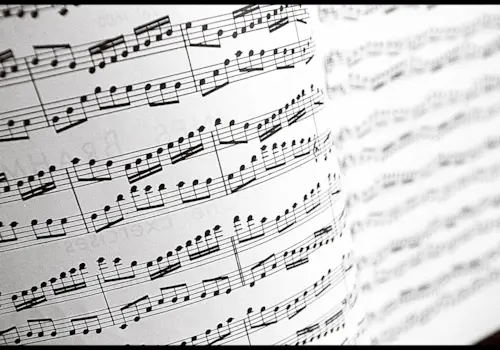16 January 2025
|
Many amateur piano lovers would like to return to playing the piano after a long break away from the instrument. Read our tips on how to get back into the groove and to rekindle your piano-playing skills!
If you plan to revisit your piano playing (which indeed you must have done, because you’re reading this article!), you will need to bear a few of the below points in mind.
Instrument
Access to a piano is a prerequisite! If you don’t already have one, consider acquiring an acoustic piano or digital keyboard. Digital instruments are compact and useful for smaller spaces, but they don’t generally have the same ‘touch’ or depth of key bed needed for more advanced playing. Start by researching the market, and sample your intended purchase first, to ensure that you like it and feel comfortable playing it. (A good way to start is by reading Pianist’s own 2025 Piano Buyer’s Guide.)
Goals
Why are you revisiting the piano? There are an array of reasons, and it may be helpful to reflect on your personal motivation, because this will influence the direction of your playing. Think about setting yourself goals before you begin. They bring focus to your practice: as each goal is met, your piano playing will gain confidence and you should take a sense of achievement from each stage. Perhaps your ambition is to take that elusive exam (the one you nearly took last time), or even a piano performance or teaching diploma. It may be to play a particular piece, a genre or style of music, or you may want to learn to improvise.
The desire to take part in a competition invigorates many returning pianists (there are music festivals across the UK that cater specifically for the adult amateur pianist). For others, taking a piano course could be a decisive catalyst. Adult pianists tend to team up and play together, with duets proving particularly popular. There are also adult piano clubs, adding a social frisson to the experience. Writing a list of aims and goals could help to clarify your decisions. Previous issues of Pianist have explored both piano clubs and more generally the subject of returning to the instrument after a break: you can acquire back issues on our website.
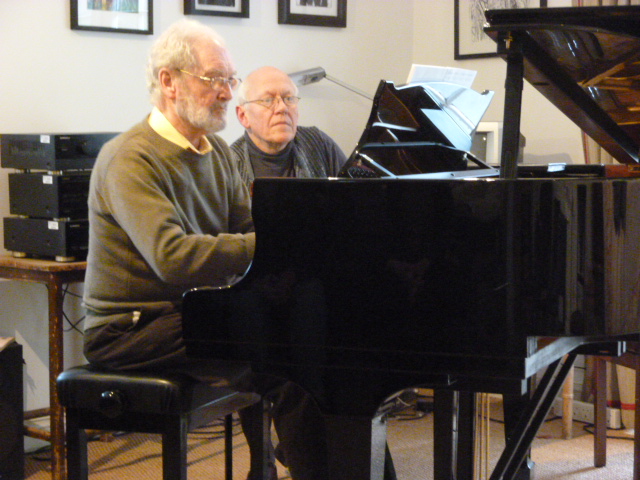
© Jackdaws
Teacher
A professional piano teacher has the expertise to guide you on your piano adventure. It is possible to learn to play without one; YouTube videos abound with lots of excellent information, and there are many books, magazines and piano courses on offer. But to learn effectively and make good progress, a teacher is invaluable. Not only can they offer solutions to technical and musical issues on the spot, but they will also provide the necessary encouragement and the inevitable ‘shoulder to cry on’ when the path becomes thorny. You should seek a fully qualified, recommended teacher; begin by searching online or by contacting EPTA (European Piano Teachers Association) or the ISM (Independent Society of Musicians) for teachers local to you.
There are a few piano tutor books specifically oriented to returning adult pianists, but a teacher will also make useful, appropriate repertoire suggestions, and you will probably know the areas of your own interests. I suggest that you concentrate on a few choice pieces and work at them until they lie comfortably under your fingers.
Practice
Implementing a practice schedule is crucial. Decide how much time you have available in your week. Aim at first for five days’ practice each week. Ideally you will find an hour a day (or at least 30 minutes) for five days, with the sixth day for a lesson (if you have one), and then a break on the seventh day. Always take rests; an hour might be too long in one unbroken span, so break it into two sessions (or three).
When practising, sub-divide your time. Many students like to begin with sight-reading or a few technical exercises or scales, moving onto repertoire only when warmed up (both mentally and physically). Break down pieces into small sections, working assiduously until issues have been overcome. Resist the urge to constantly play pieces through. Once you’ve practised a piece fruitfully in small chunks, allow yourself the luxury of ‘performing’ it at the end of a practice session.
Tension is a technical issue which particularly affects adult learners. This is where the support and advice of a good teacher is invaluable. At no point should piano playing hurt or become uncomfortable; flexibility in the arms, hands and wrists is so important and must be encouraged from the outset. Be aware of the physical aspect of your performance, and aim to feel relaxed and comfortable when you play.
Ambitions
What can you realistically achieve as an adult returner? This will depend on aptitude, but within 6-12 months you should be at least back to your ‘old’ standard, and you may well have surpassed it. Patience is a virtue, and it’s certainly required when re-learning any skill. Try to maintain a positive mental attitude, giving yourself permission to make the inevitable mistakes, correcting them with compassion, working steadily towards your goals.
Never give up and please write to Pianist telling us about your experience and achievements. Good luck!
SIX TOP TIPS
for returning to the piano
Make a commitment to playing. If you are going to get results, you must put in the practice and the conditions must be right.
Seek out a good teacher. Many teachers like adult pupils as they are prepared to work hard. You don’t have to have lessons very often, but they give you purpose and a sense of achievement – and a shared enjoyment of the piano with at least one other person. Don’t be afraid to try out two or three piano teachers before you come to a decision. Most teachers offer a trial lesson.
Practise regularly and practise intelligently. Remember this evergreen advice: ‘Amateurs practise until they get it right; professionals practise until they can’t get it wrong.’
Buy a piano that you’re happy to play. Research within the limits of your budget, and buy the best you can afford.
Keep in touch with the piano world. Follow your favourite artists on Facebook, Twitter, YouTube, blogs, live concerts, and in the pages of Pianist magazine.
Don’t worry about the speed of your progress. You will initially make lots of mistakes, even if you were an accomplished player years ago, but many adult learners are surprised how readily the knack of playing returns.
Now that we’ve got you incentivised,
take your playing to the next level with our
PLAY BEGINNER DIGITAL SPECIAL!

